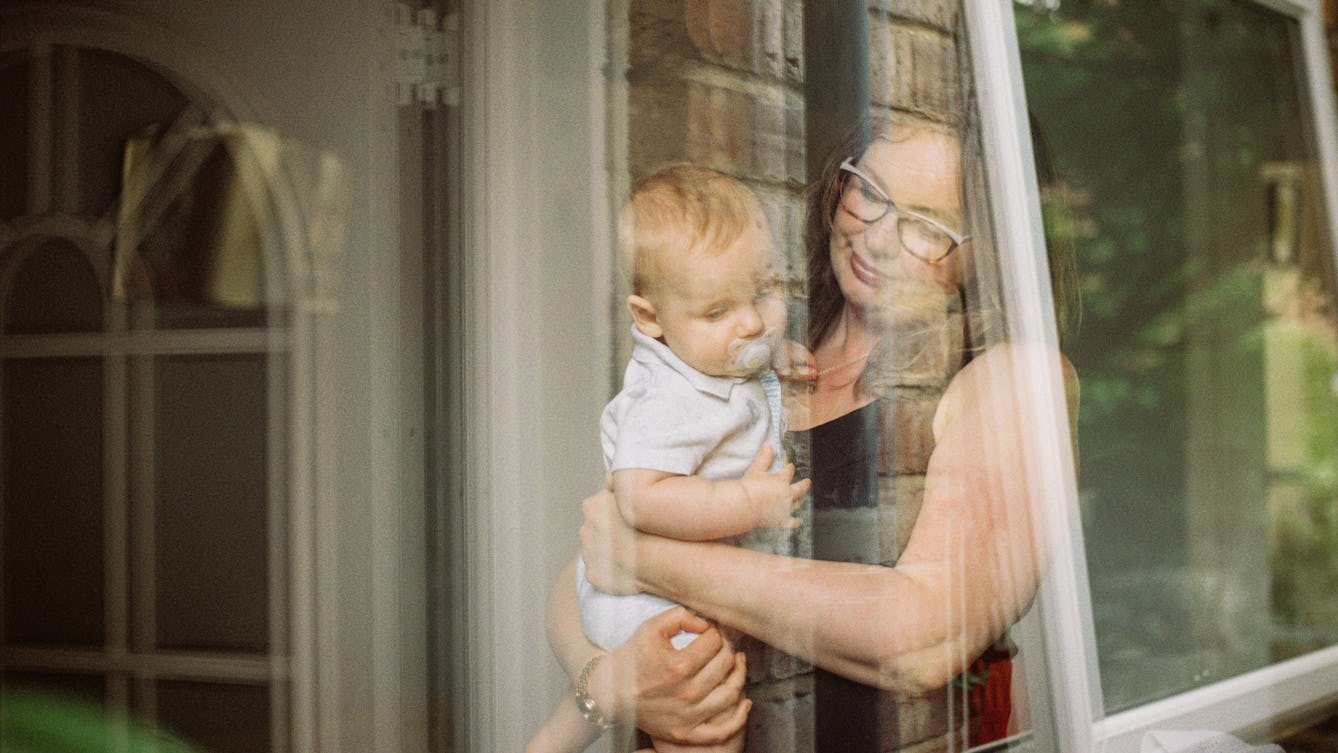
- Article
- Article
Birth, babies and boxes of memories
With memories of her baby in neonatal intensive care still fresh, Erin Beeston decides to unearth the poignant objects her family kept following births, going back as far as Victorian times.
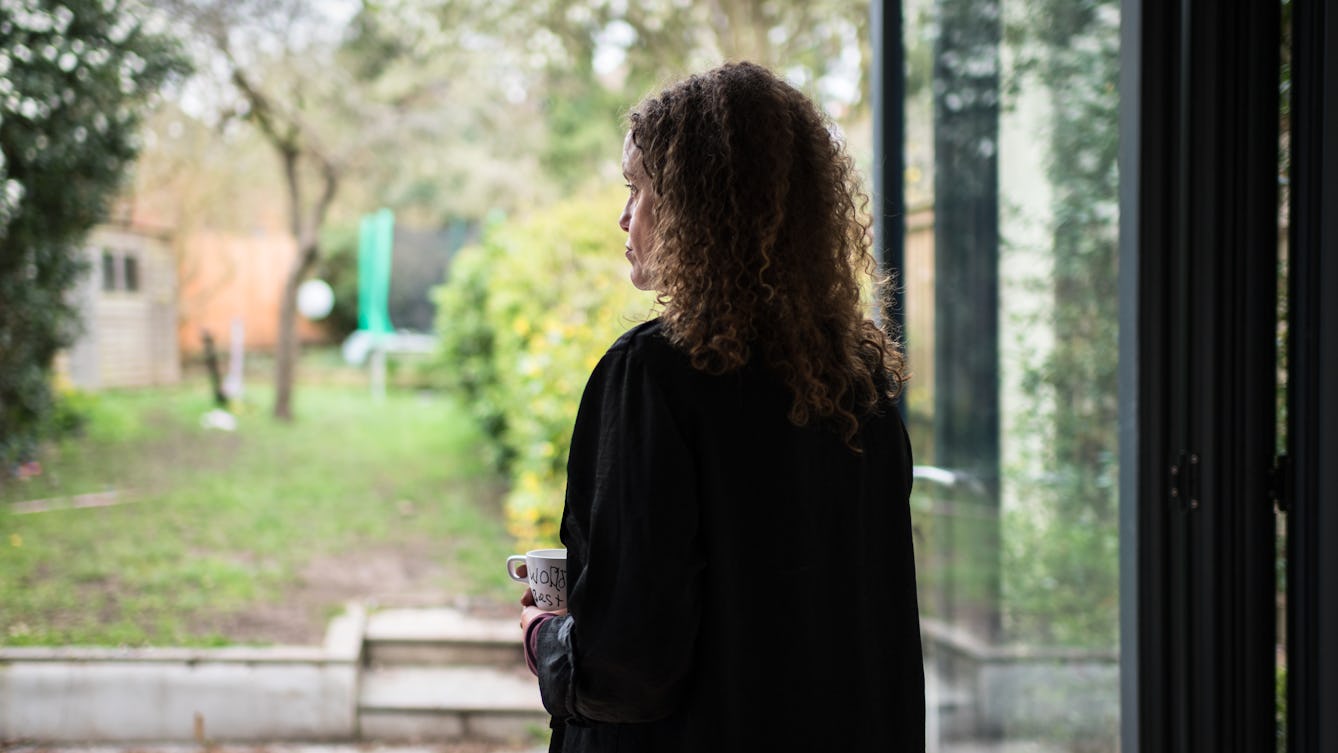
- Article
- Article
When parenting brings a paradigm shift
There were no indications during her pregnancy that Carol Nahra’s son would have severe, life-threatening disabilities. Here she describes the stages on her journey from shock to love and beyond.

- Article
- Article
Living in limbo when a loved one is missing
When someone goes missing, loved ones are thrown into a state akin to constant grieving; waiting for news, living in hope. Novelist Bev Thomas describes how they try to cope and carry on.
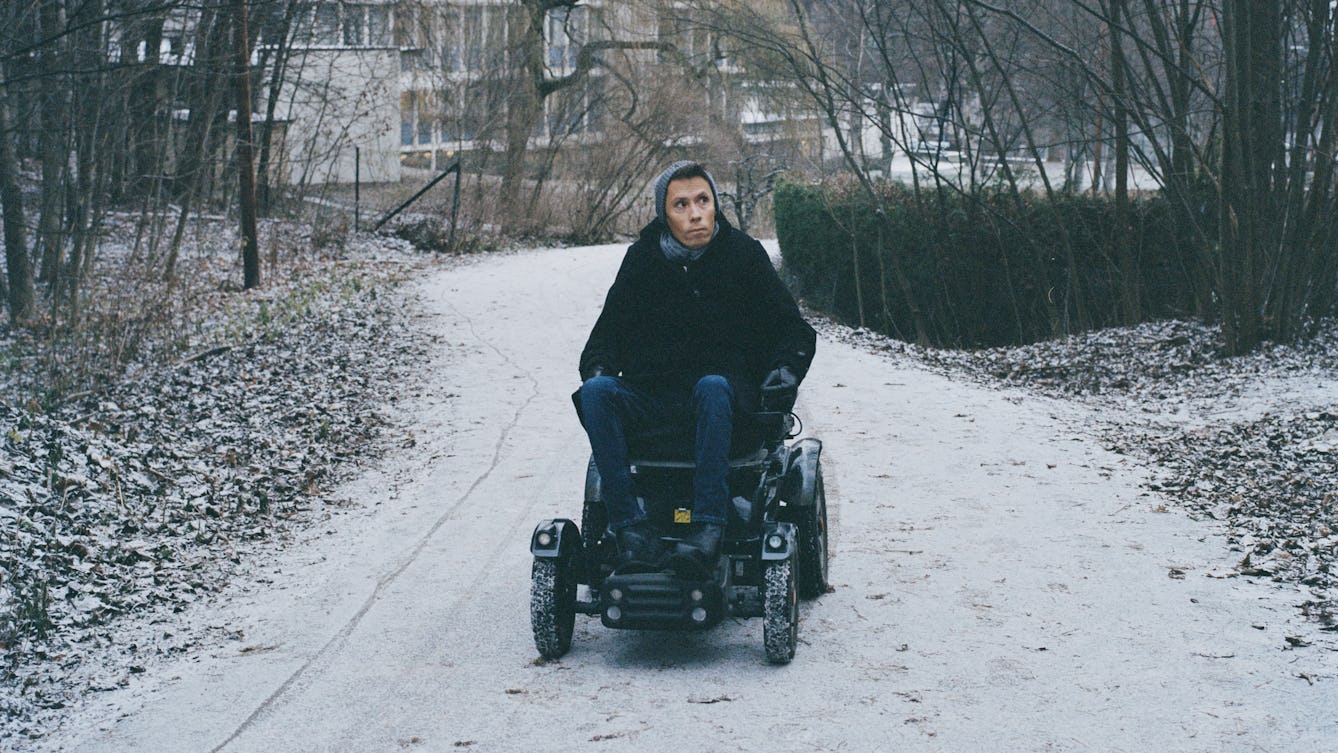
- Article
- Article
A wheelchair in the world
Five years ago, Jan Grue, author of ‘I Live a Life Like Yours’, became a father. A wheelchair user since age eight, Grue explores how parenthood helped him reimagine his relationship with his wheelchair.

- Book extract
- Book extract
Surviving the storm of postnatal depression
Emma Jane Unsworth lays bare the despair of postnatal depression and shares her route to recovery.
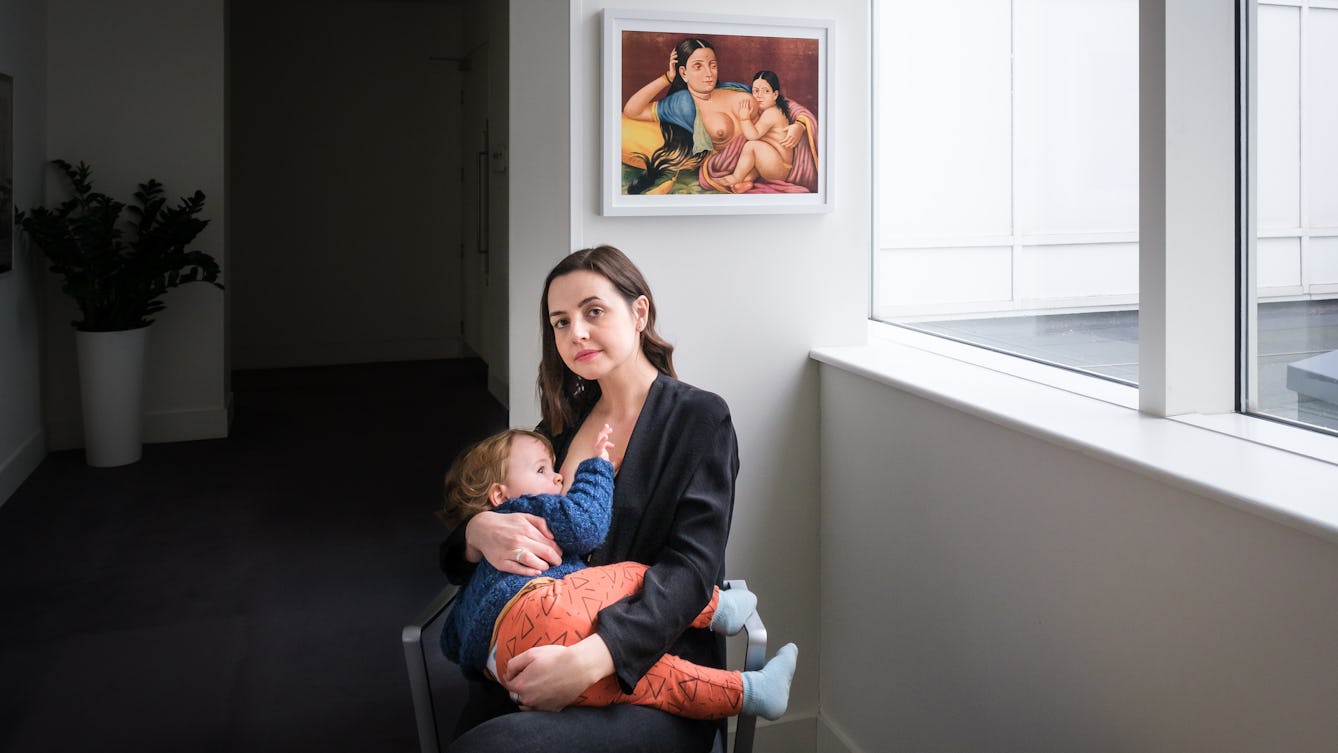
- Article
- Article
Confusion, guilt, and the battle to breastfeed
Most new mums are told that breast is best. But breastfeeding doesn’t always come as easily or naturally as you might imagine.
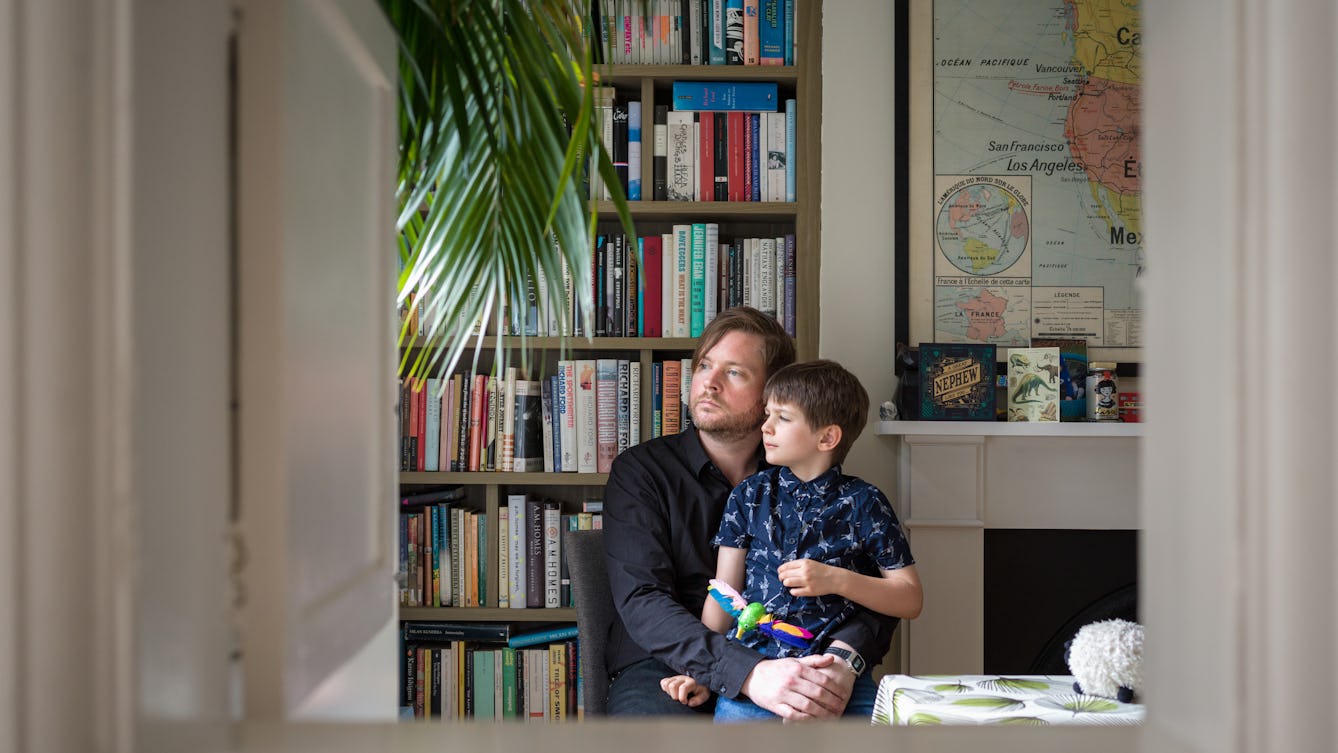
- Article
- Article
Father of the house
Stuart Evers thought he’d shaken off his family’s rigid definition of masculinity. But when he became a dad, those buried patriarchal ideas made an unexpected return.

- Article
- Article
“People see the disability but forget the ability”
I’m a disabled Asian woman, and mother of four. I’m trying to show people that we have to talk about disability if we want things to change.
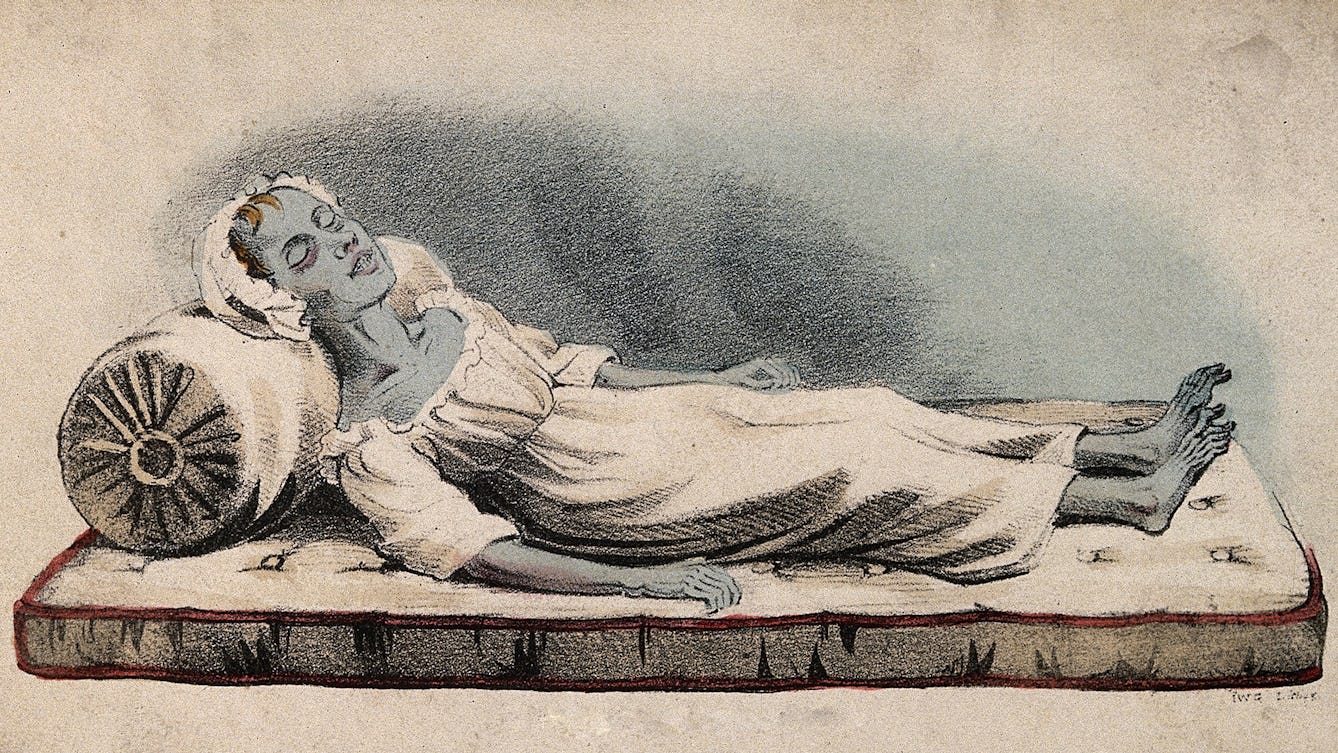
- Article
- Article
The colonist who faced the blue terror
India, 1857. In a British enclave, Katherine Bartrum watches her friend, and then her family, succumb to the deadly cholera.
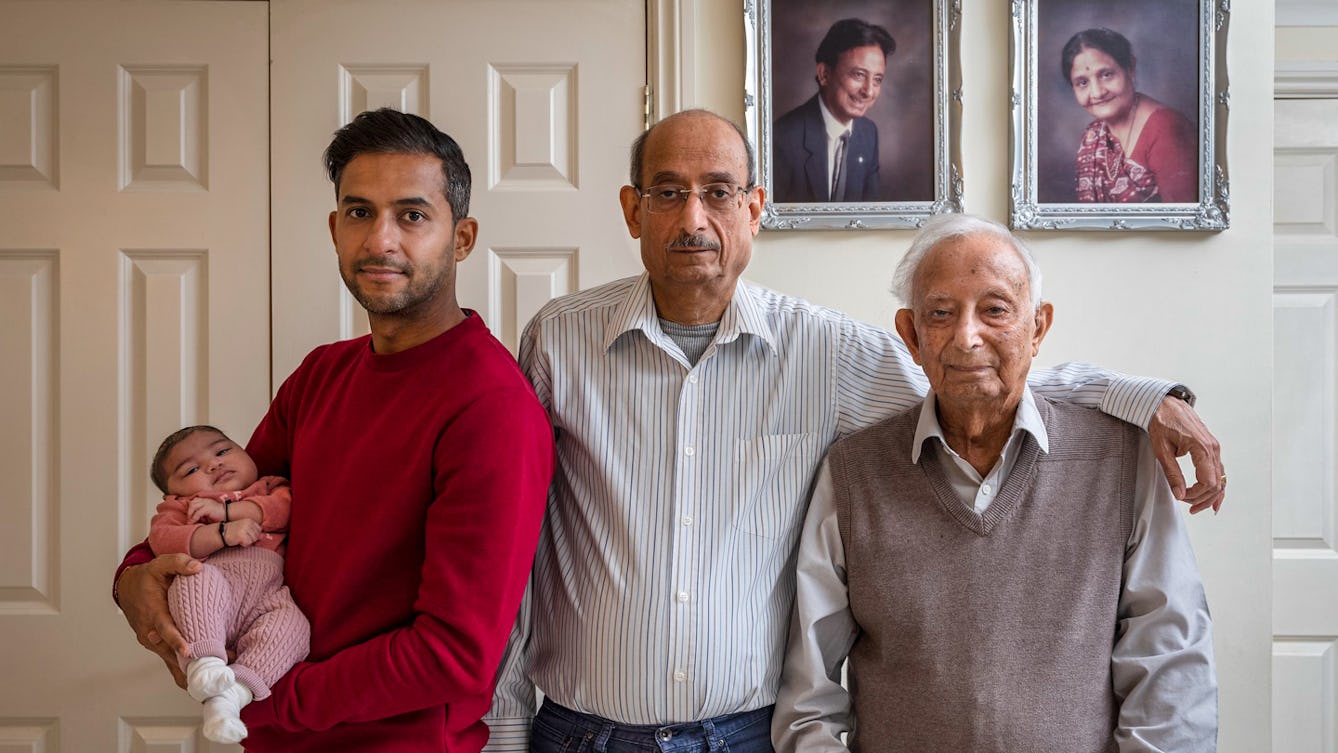
- Photo story
- Photo story
Generation portraits
Photographer Julian Germain’s major project focusing on portraits of multi-generational families came to a sudden halt during the various Covid-19 lockdowns. Here families celebrate coming together again in words and images.
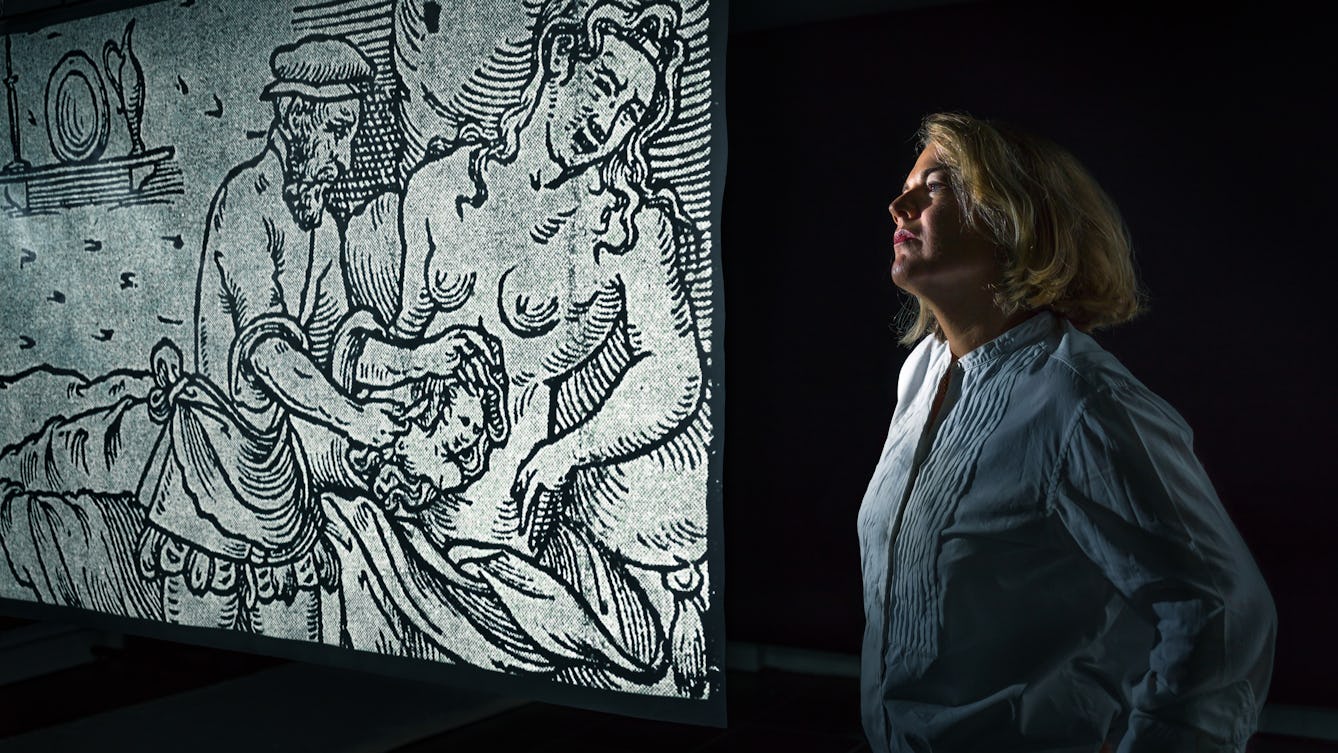
- Article
- Article
The secret hystery of a womb
A Renaissance image of a caesarean section inspired Anna Blundy to recount the story of a hidden, perhaps mysterious part of her body.

- Article
- Article
Thalidomide babies
In a time without scans or antenatal tests, neither medical staff nor parents were prepared for the damage to the foetus caused by the thalidomide drug.

- Book extract
- Book extract
You, a thousand years ago
Jack Hartnell argues that, if we were transported into the medieval past, we’d find ourselves somewhere different yet strangely familiar.
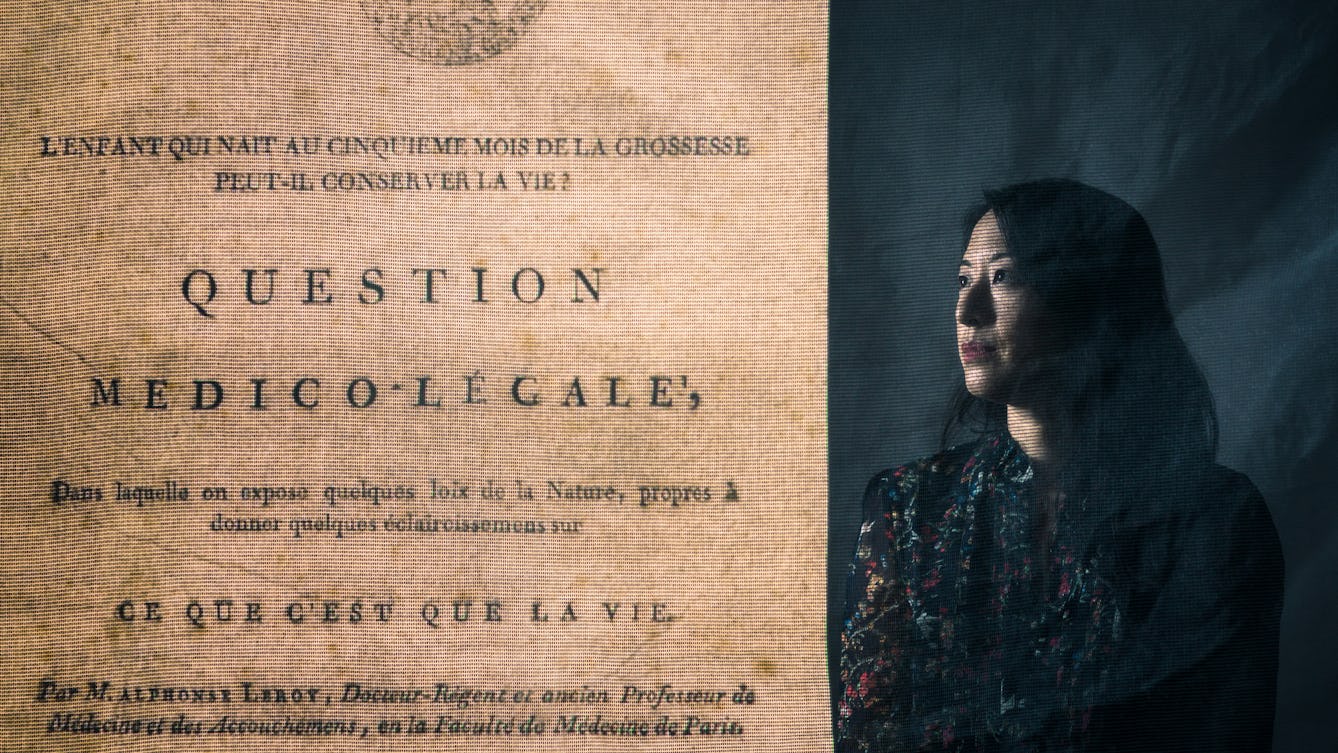
- Article
- Article
The conditional child
Deanna Fei asks what it means to sustain a life, drawing on her own experience of having a premature baby as well as an 18th-century essay.

- Article
- Article
Why some patients make my heart sink
Instead of getting nowhere with certain demanding, manipulative patients, our anonymous GP wonders if there’s a way to help them.

- Photo story
- Photo story
From chef’s whites to medical scrubs
Meet the machinists who have rapidly switched from making clothing for hospitality staff to uniforms for hospital workers.

- Article
- Article
Why zombies can’t help coming back
Although it might appear that zombies are a 20th-century phenomenon, created for the horror-movie industry, they’ve actually been around since medieval times. Find out what zombies like to do, and how to get rid of them.
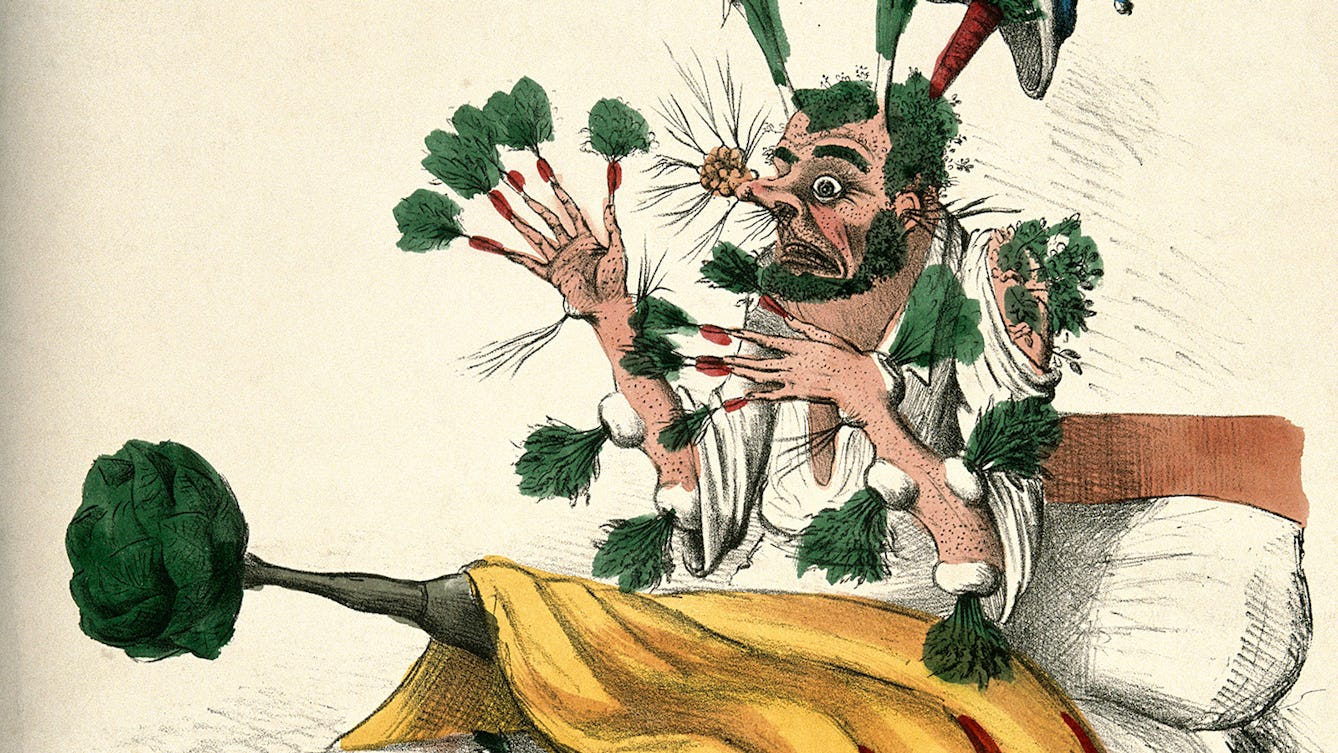
- Article
- Article
Graphic battles in pharmacy
James Morison’s campaign against the medical establishment inspired a wave of caricatures mocking his quack medicine.
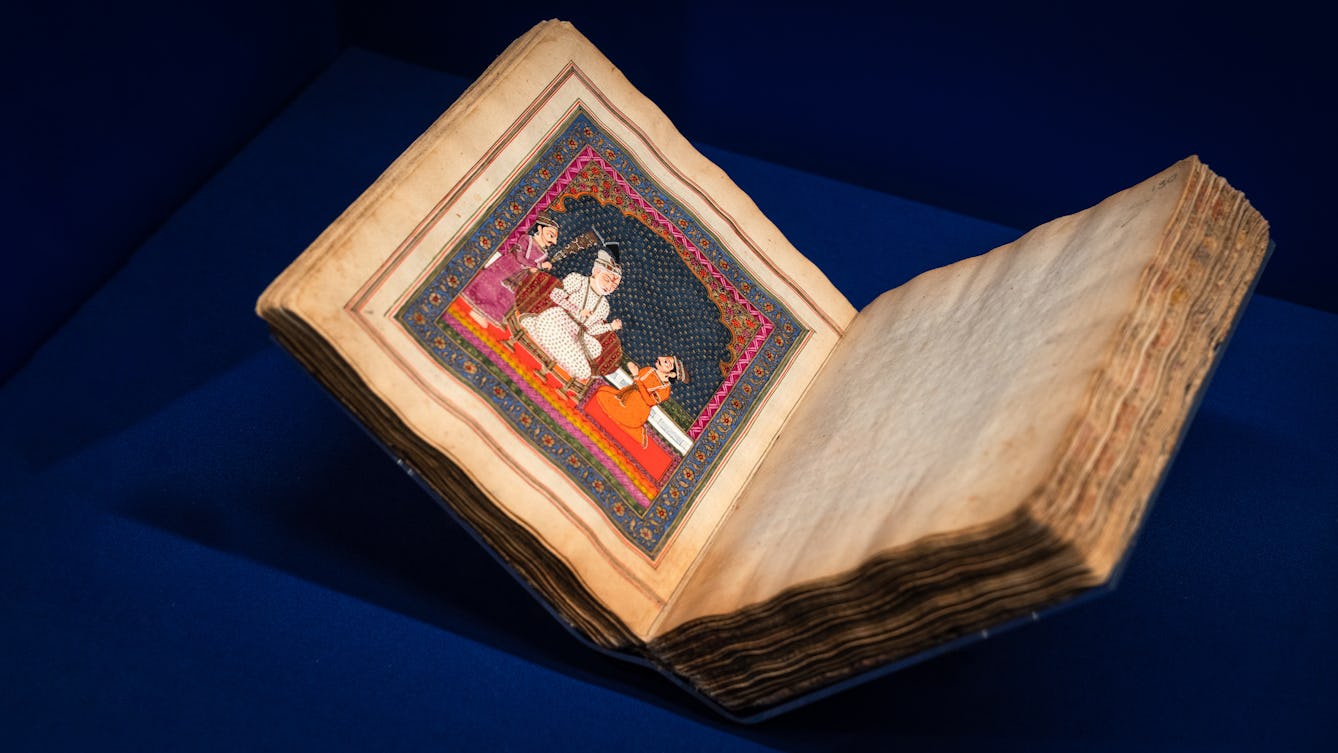
- Article
- Article
The eye of darshan
The Hindu concept of darshan means “divine revelation”, but it’s also about the multilayered ways in which we see the world around us. Adrian Plau explains how one image in a Panjabi manuscript relates to darshan, and why it’s so striking.

- Book extract
- Book extract
Dangers inside and out
Eimear McBride reflects on the deadly consequences of misogyny in the wake of the murder of Sarah Everard and argues why advising women to simply “stay indoors” is wrong.

- Article
- Article
Mixed heritage lesbian couples and fertility treatment
For a lesbian couple who want to share their different cultural heritages with their child, fertility treatment can get very complicated.

- Article
- Article
“Disability is never an individual diagnosis”
As a 35-year-old man, I am sure that my fear of getting old is not uncommon. But for me, that fear goes deeper. I have spina bifida.
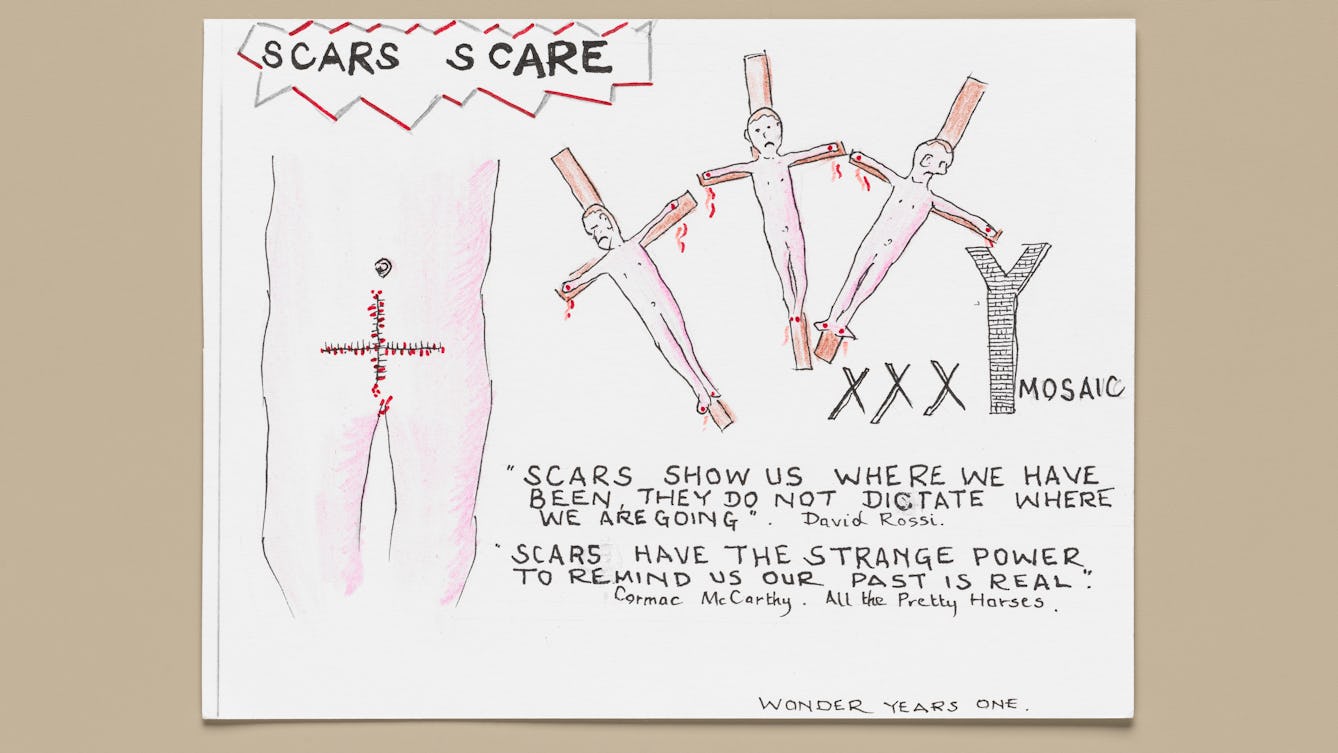
- Article
- Article
Wonder years
The confusion and secrecy surrounding his condition seriously affected Chris’s mental health, blighting his teenage years. But somehow he began to hope and plan for the future.
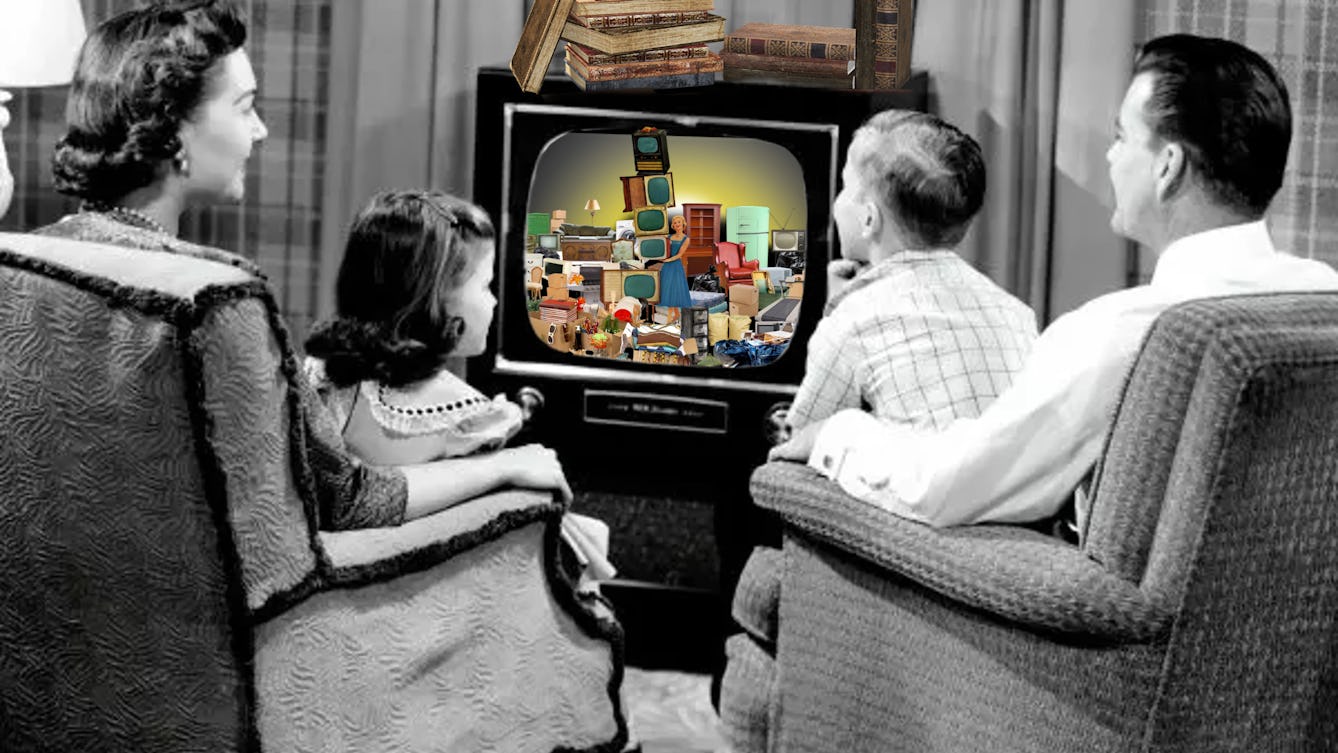
- Article
- Article
Seeking the hoarder in literature
As she strives to deepen her understanding of hoarding, Georgie Evans turns to books. But depictions of hoards and hoarders are few and often sparse, except in one surprising place.

- Article
- Article
Dealing with the dead after a nuclear attack
Cold War-era predictions of death on a vast scale became routine. But the British authorities were less prepared to dispose of the bodies.